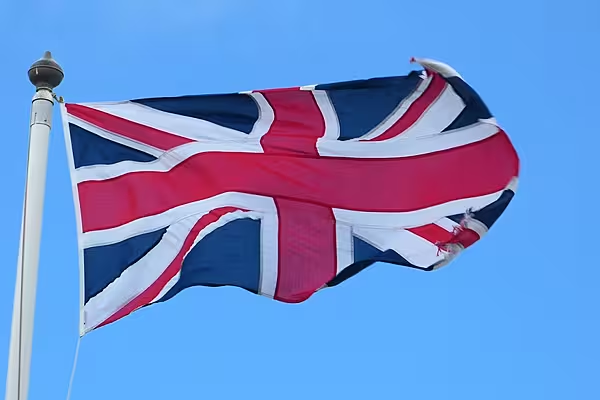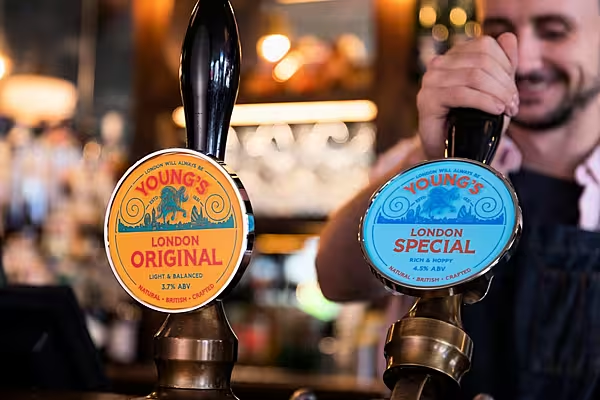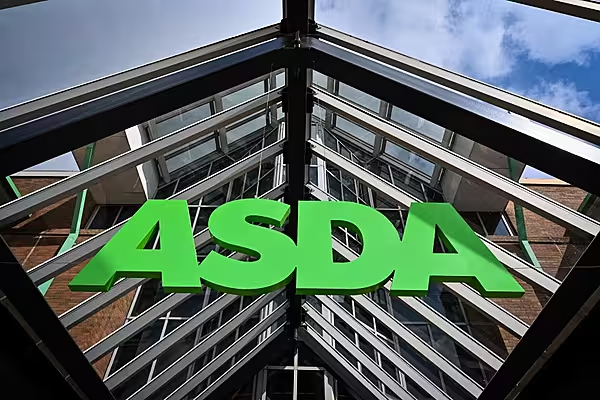BHS Group Ltd has appointed administrators to protect against insolvency, putting 11,000 jobs at risk in what would be the biggest UK retail collapse since Woolworths Group Plc in 2008.
Advisory firm Duff & Phelps was appointed after failed negotiations to find a buyer, according to an emailed statement. The move also reflects a lack of success in selling property to ease financial strains on the company. BHS said that a lower-than-expected cash balance means that it is "very unlikely" to meet all contractual payments.
The retailer, which opened its first store in London almost nine decades ago, has struggled to grow sales against a backdrop of mounting competition. The chain’s 164 outlets offer everything from clothing and lighting to luggage, which have become readily available from online retailers, discounters and supermarkets.
"BHS has long been seen as an anachronism on the high street, and it is surprising that it has survived this long," Jon Copestake, an analyst at the Economist Intelligence Unit, said by email. "Visitors to BHS outlets, even in prime locations on key shopping dates, will have been struck by how quiet they have been. The chain simply stopped being relevant to shoppers."
Pension Deficit
BHS has said that it will continue to trade as usual while administrators seek to sell the business.
The move echoes the 2008 failure of the British Woolworths chain. Woolworths foundered almost a century after it hit the scene, at the cost of about 27,000 jobs. Since then, retailers including electronics chain Comet and Blockbuster video stores have also disappeared from UK towns, often replaced by discounters.
BHS looked to have been given a lifeline last month, when its creditors agreed to accept lower rental payments to prevent mass closures. Retail Acquisitions, the investor group that bought BHS from billionaire Philip Green for £1 little more than a year ago, hasn’t been able to raise the £160 million ($230 million) it had targeted to revive the chain’s fortunes, according to the BBC.
When Green bought BHS in 2000, 13.4 per cent of British clothing shoppers visited the chain. Last year, that had fallen to 8.2 per cent, according to researcher Conlumino.
BHS’s difficulties have been compounded by a pension deficit that stood at £571 million as of 4 March, according to a court document. That figure represents the pension-related liabilities that would be faced by a prospective buyer.
"The biggest question marks will centre on what happens to its staff and to its significant pension shortfall," said Copestake.
If the retailer is liquidated, it will owe another £757 million to landlords, suppliers and other unsecured creditors, the court document shows. The company also owes £124 million to secured creditors including Green’s Arcadia Group, Barclays Plc, Gordon Brothers Group and Grovepoint Capital, according to the document.
BHS, formerly known as British Home Stores, opened its first shop in Brixton, south London, in 1928. The chain was formed by a group of US entrepreneurs, who based the stores on American five-and-dime merchants, setting the top prices in its stores at one shilling, or 5p.
In the four years after Green bought BHS for £200 million in 2000, the retailer paid £420 million in dividends.
News by Bloomberg, edited by ESM. To subscribe to ESM: The European Supermarket Magazine, click here.














